By Kaitlyn Sisco
Our hands are used to achieve most of our everyday tasks. These tasks that we do often involve a lot of germs, given that everything has bacteria on it. If you touch anything, you are transporting the bacteria that was on that certain object to your hands.
Touching anything after that will transport the germs you just received to that new object, and it will add the germs of that new object onto your hands. It is a vicious cycle, and touching your face could make things worse.
You are spreading all of the bacteria and oils that you had on your hands to your face, and this can potentially lead to an increase in breakouts.
Will Touching My Face Cause Acne?
Although touching your face isn't good for acne, it is unlikely to be the main cause of acne. Acne is usually caused by other factors such as hormones, genetic disposition, diet, and inflammatory factors in the body.
However, touching your face if you are acne prone can make acne prone skin worse with the increase in bacteria or oils being added to skin. A lot of increased touching or rubbing could also irritate skin and this irritation can increase acne.
I, personally, touch my face without realizing it. This is a bad habit to get into. If you must touch your face, wash your hands first. Keeping your hands clean will help prevent spread of bacteria.
If you have to use a public or shared space for example, you may not have control of how clean others are when they touch items - so if someone eats something greasy and uses a keyboard, and you use it after and touch your face - then you have the potential to be transferring some of the oils from that food onto skin.
Can Touching My Face Make Acne Worse?
If you are constantly rubbing your face or if you are picking at existing acne then that has the potential to make acne worse. The constant rubbing and friction causes a type of acne called acne mechanica.
You may notice acne caused by the extra pressure and friction if you breakout on one side or area of your face more than others. For example do you sleep with your face on one side of the pillow more than the other? Or do you tend to rest your forehead on your hand for long periods of time? If you have breakouts from touching your face often in this fashion, try to avoid rubbing or resting your face on your hands.
The extra oils or germs being transferred to skin could make acne prone skin worse because it increases the chances of more acne to form by clogging pores. The best way to prevent this is to wash your hands regularly with soap and warm water. Wash hands after eating or touching foods.
Picking at acne also has the potential to increase the likelihood the acne will leave an acne scar. An acne scar is a type of permanent damage to skin which would need more aggressive treatments to reduce.
Ways To Avoid Touching Face
Usually it is opportunity or some kind of irritation that leads to us touching our face. I know that acne itself can be irritating and painful on the skin so it is hard to ignore, but here are tips that can help.
1. Avoid resting your elbows on a desk.
If your arms are rested on a table, this makes it easy for you to want to rest your head against your hand as a way to prob your head up.
2. Keep long hair tied up.
Having your hair tied means it doesn't rub against your skin which could lead to you touching your face
3. Prevent skin itchiness or irritation by applying a moisturizer.
Apply a soothing moisturizer that doesn't irritate your skin to prevent your skin from itching which may trigger you to want to touch your face. Look for ingredients like aloe vera, chamomile or cucumber which can soothe skin.
While touching your face every now and then isn't likely to cause much harm or be the main cause of acne, avoiding long term pressure and rubbing, and washing hands often so extra germs and oils aren't transferred to our face can help in managing acne.

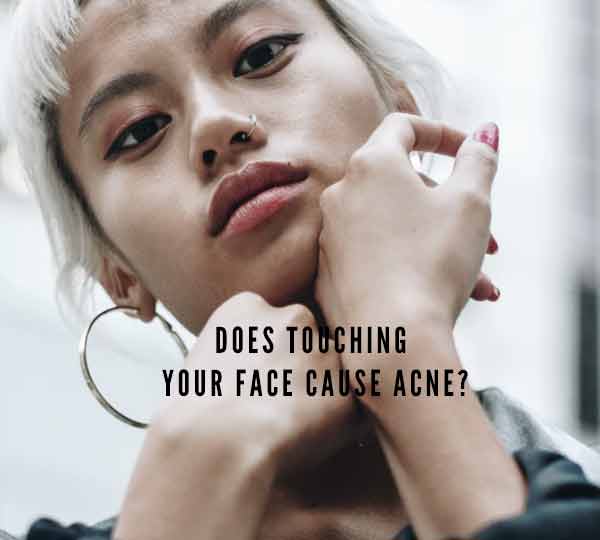
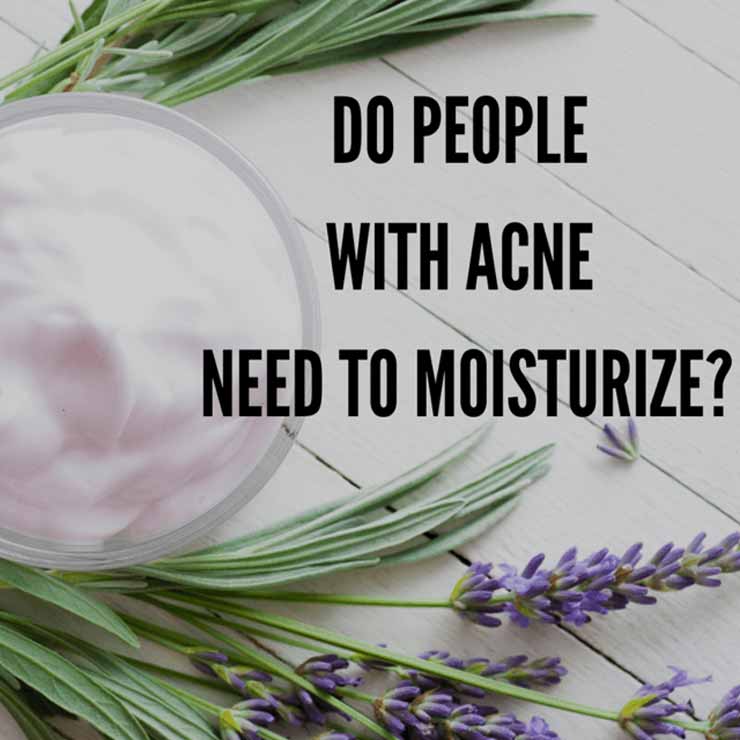
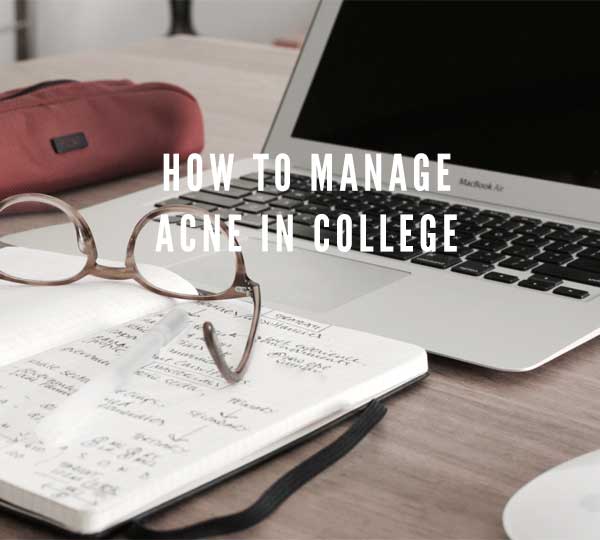










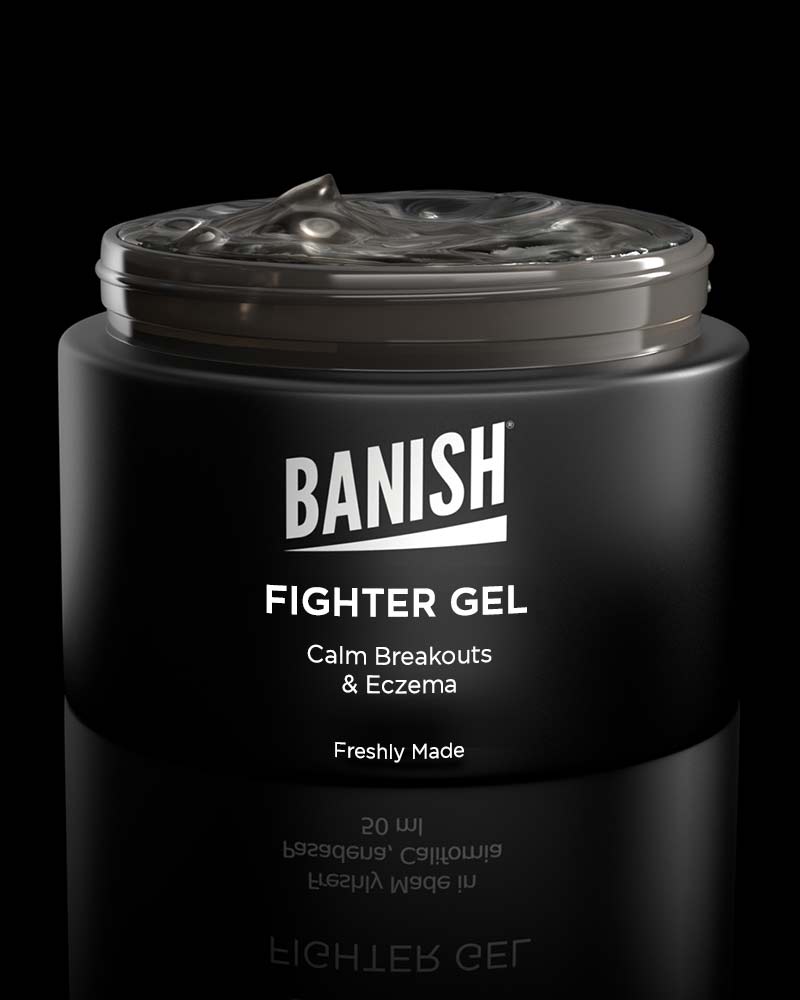
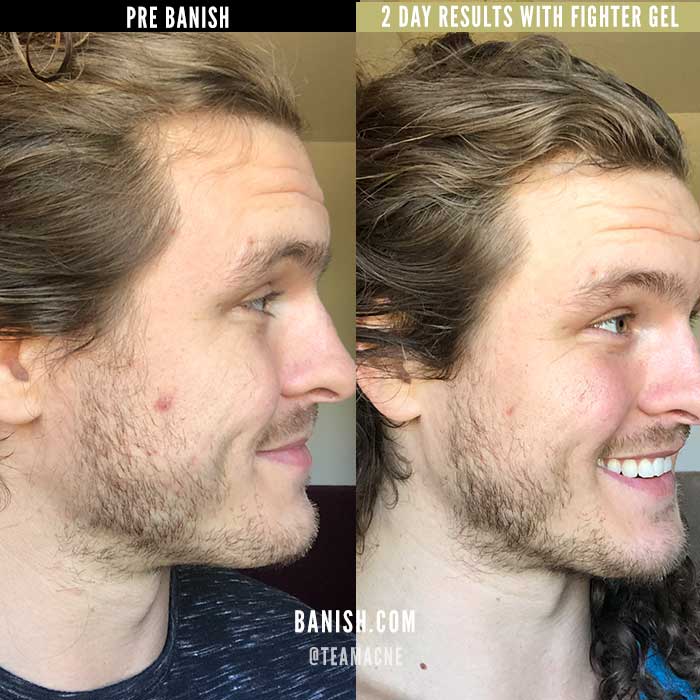










1 comment
daniel troung
Thanks so much! this helped me a lot. NOW, I can get into the mood without a lava lamp.
Leave a comment
All comments are moderated before being published.
This site is protected by hCaptcha and the hCaptcha Privacy Policy and Terms of Service apply.